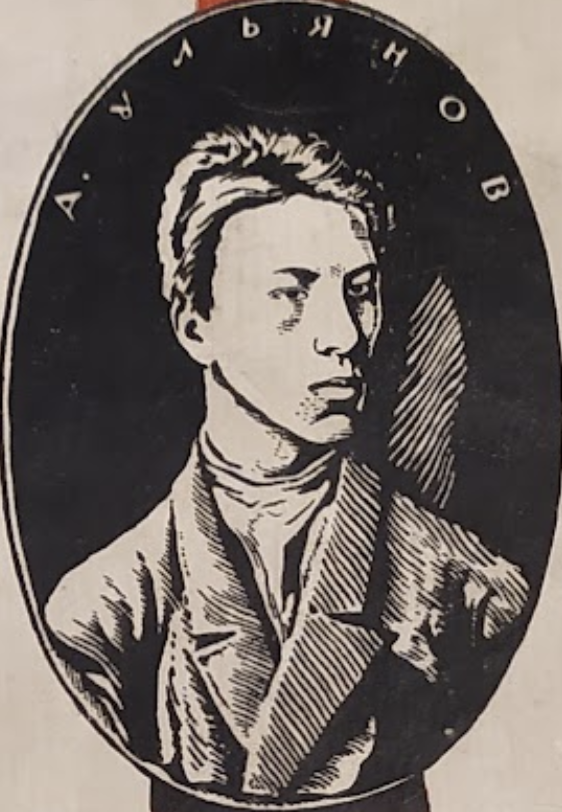Meanwhile, read a brief exposition!
In the forthcoming issue of Revolutionary Russia my article examines the earliest schemes for a Museum of the Revolution—those audacious late-nineteenth-century initiatives in which underground activists hoped to gather beneath the same roof what they called the “relics of the future”: leaflets, the stamps of clandestine presses, even the blood-stained shirts of Decembrists. At first sight this might seem a curious anecdote from the annals of museology; in reality it opens a window onto the very notion of revolutionary tradition.
The fashionable word museum reached Russia at the same moment as kindred bourgeois projects elsewhere: new nations everywhere were seeking legitimation in vitrines filled with a “glorious past.” Within the Russian underground, however, the museum idea found unexpected proprietors. By the 1890s radicals had already spent decades accumulating their own memories—copying courtroom transcripts from newspapers, transcribing letters from penal colonies, preserving murder weapons and ciphers. The language of museology allowed these motley collections to claim public status and, more importantly, to articulate a bold thesis: the revolution possesses not only a future to which it aspires but also a past to which it lays claim.
Here we encounter an apparent paradox. Marx, reflecting on the French Revolution, insisted that genuine revolutionary poetry must draw its inspiration from the future; yet Marxist movements themselves persistently look backward, write their own histories, found museums. Why?
- First, because history is an instrument of legitimation. Every generation of fighters must prove that it is not an incoherent rabble but the heir to a long chain of uprisings stretching from the Decembrists to the Paris Commune.
- Second, history is a reservoir of resources. Capital, Marx says, is “dead labour” given material form; by the same token revolutionary experience is “accumulated dead labour” of fallen comrades—printing techniques, tactics of conspiracy—that can be reinvested.
- Third, history is a school of defeat: the older a movement grows, the more durable it becomes when it analyses its own failures with ruthless precision.
Russian clandestine culture illustrates this dynamic with particular clarity. The more mature the movement in the empire became, the more urgently it felt the need to understand its own genealogy. By the turn of the century revolutionaries already possessed publishing houses, émigré “external bureaux,” even the first public exhibitions. Attempts to create a museum were only the tip of the iceberg; beneath it lay a cult of anniversary dates, the reprinting of banned memoirs, and study-circle readings of People’s Will historiographies. The larger the corpus of self-authored memory grew, the more convincing the slogan “We cannot be broken” sounded—and the easier it became to mobilise the hesitant.
My article argues that the Museum of the Revolution was not a by-product of October but an invention forged well before 1905, when the revolution was still “learning to walk.” Tradition here does not function as a cemetery of texts but as an active force in the production of political subjectivity. Material memory—newspapers, pistols, homemade seals—creates a channel of transmission that complements the purely textual culture of manifestos.
The research programme that follows will compare Russian projects with the French Museums of the Commune and the German Social-Democratic archives, and will ask where the boundary lies between a tradition that inspires and one that begins to impede. Yet one conclusion is already clear: history is not a dead weight but a condensed possibility. Just as capital requires an initial accumulation of labour, so every revolution needs accumulated defeats and victories transmuted into creative energy.
If this topic intrigues you, look out for the article in Revolutionary Russia—and consider what other “memory machines” revolutionary movements have invented, and how they have altered the very course of history.
